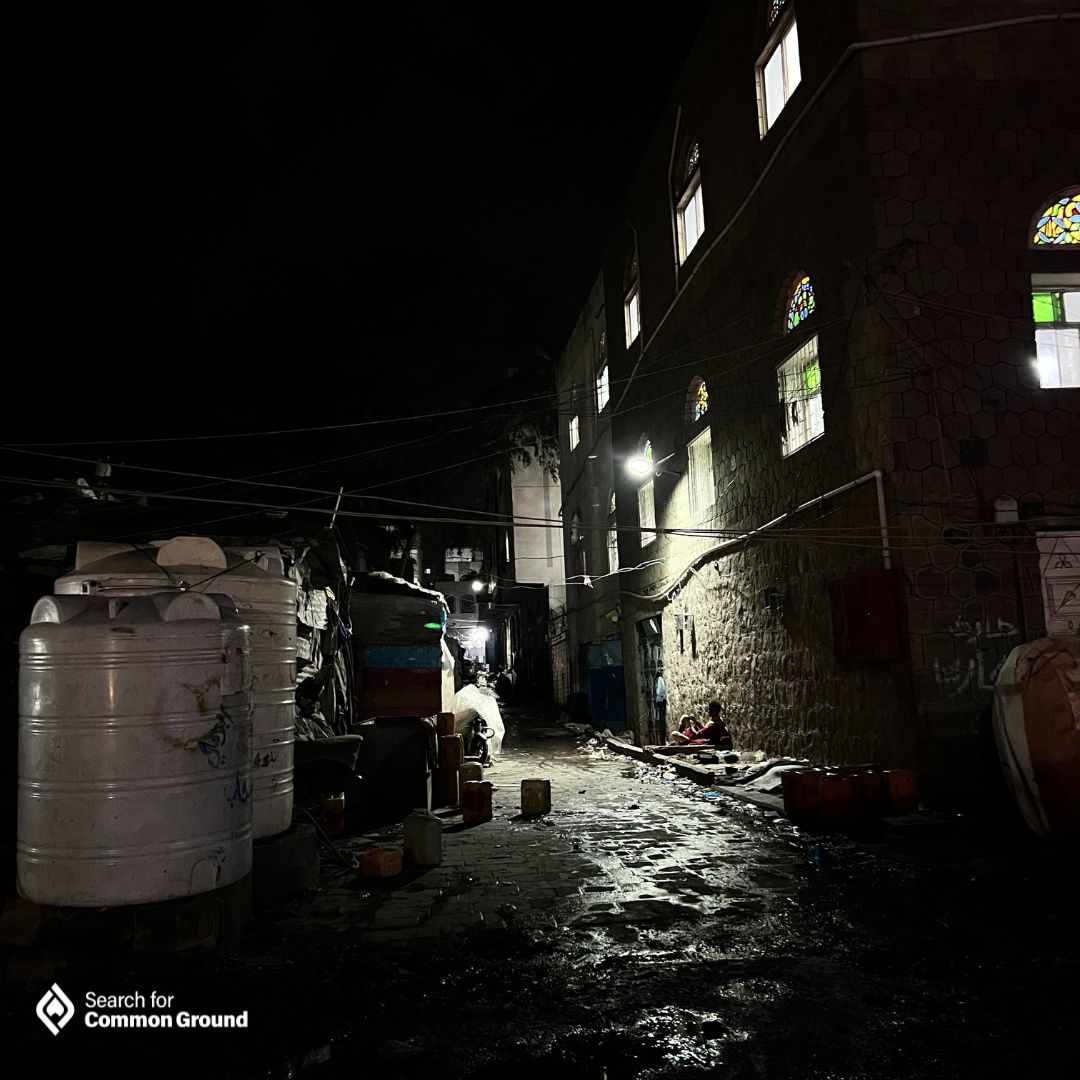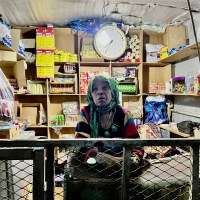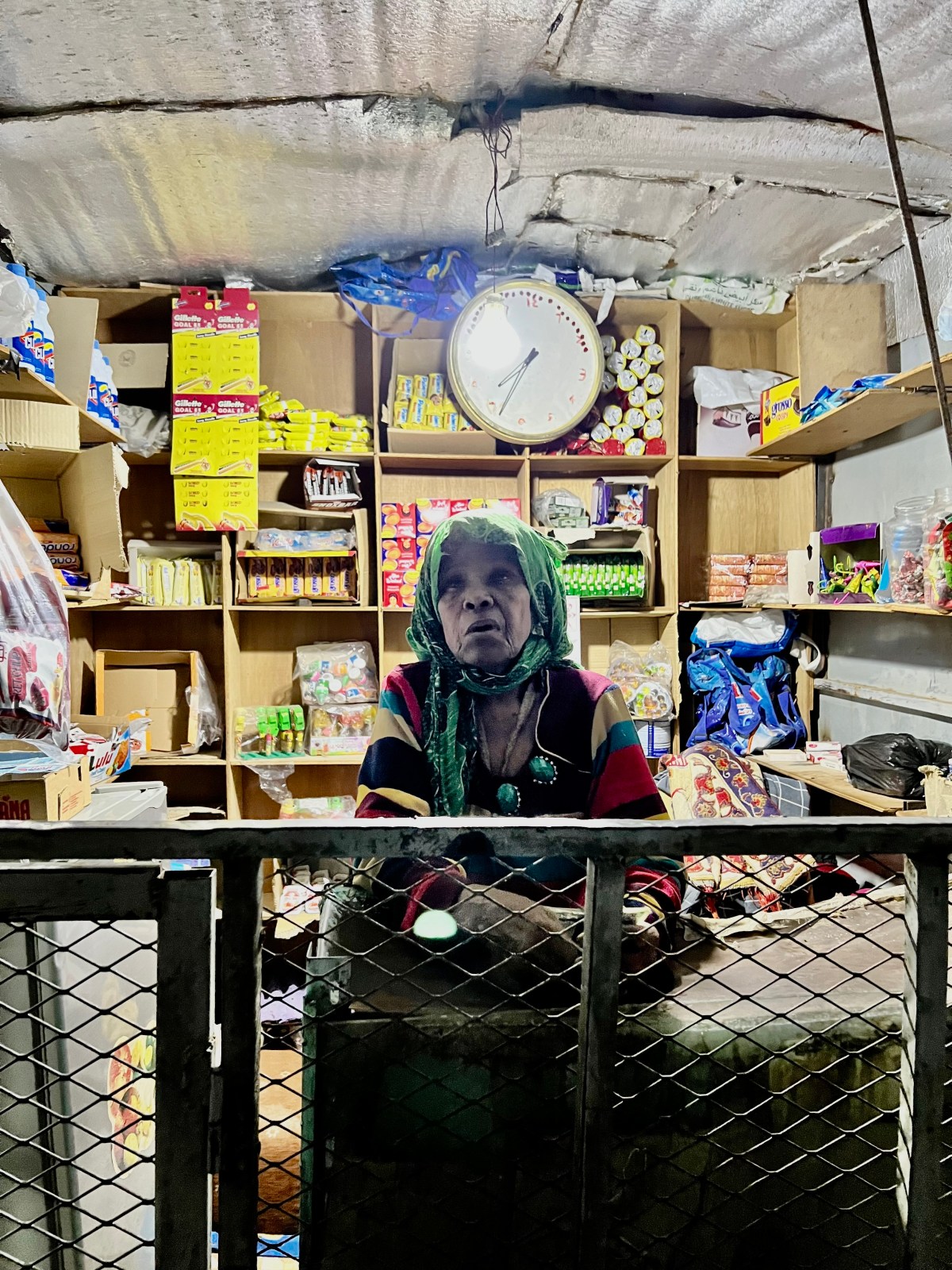For most of its existence, Preemptive Love has prioritized delivering humanitarian aid on the frontlines of violent conflict. Every meal, liter of water, or hygiene kit you made possible was an opportunity to peacebuild, an affirmation of belonging to one another. As we grew, we created our jobs empowerment programming to bring stability to people coming out of violent conflict and formed our Community team to focus specifically on peacebuilding. In our latest genesis, we’ve joined forces with Search for Common Ground, the Nobel Peace Prize nominee best known for peacebuilding around the world.
Whereas Preemptive Love threads peacebuilding into its relief and stability programs, Search for Common Ground threads stability programming into its peacebuilding initiatives, making Preemptive Love the perfect complement to Search for Common Ground. We’re thrilled to showcase Search’s work building peace as it furthers female economic empowerment in Yemen.
Yemen in Crisis: Country Context
In 2014 civil war ignited in Yemen as the Houthis, a Shiite group from the north, seized control of the capital Sana’a and then pushed south to the port city of Aden, forcing the internationally recognized government into exile in Saudi Arabia. The Houthis’ grievances were political and economic rather than sectarian, accusing the central government of corruption and marginalization, and calling for a reinstatement of fuel subsidies. In 2015, a Saudi-led coalition, including several Gulf and Arab states, militarily intervened to restore the Yemeni government and counter Iran’s influence in the region, escalating the civil war into a regional conflict. United Nations-led peace talks have held but have not achieved lasting peace. Airstrikes continue, and there is sporadic fighting on the ground.
Before the conflict, Yemen was the poorest Arab country. After eight years of conflict, it faces a severe humanitarian crisis, including widespread famine, displacement, and a cholera outbreak. Over four and a half million Yemenis have been displaced internally. Over two million Yemeni children are acutely malnourished while over 80% of the population live in extreme poverty, with women and children being the most impacted. Hunger and disease are widespread, and attacks on people are common. Yemen has the worst gender equality ranking in the world.
Search’s Community Dialogue Approach
Like Preemptive Love, Search works with community leaders in peacebuilding initiatives. In its Community Dialogue Approach, Search helps communities identify the local issues driving conflict or violence, causing problems, or limiting livelihoods. The community finds and implements solutions for these issues through facilitation, thereby rebuilding communications between disparate groups and establishing a framework to deal with future problems.This process fosters a lasting ability for communities to self-improve instead of building a dependency on outside facilitation and support.
Intrinsic to the Community Dialogue Approach is identifying inside mediators, the tribal leaders, doctors, nurses, sheikhs, and other community leaders who know the local communities and have legitimacy within them. Insider mediators are invited to participate in coaching sessions covering topics such as conflict analysis and mitigation, dialogue facilitation, project implementation, and project management to build on existing capacities and further develop the skills which enable them to lead.The sessions focus on empowering participants representing the dividing lines of conflict to talk to one another to build trust and strong relationships.
Dialogue facilitation is key to Search’s Common Ground Approach. Through dialogue, adversaries discover a problem everyone wants solved, and then they find a solution together. Instead of compromising where no one gets what they want, the Common Ground Approach identifies an objective everyone wants, thereby incentivizing cooperation to achieve it, often with big impacts.
Four of the Yemeni communities in Aden where Search implemented the Communities Dialogue Approach were experiencing friction amongst its local population, the local authorities, internally displaced persons (IDPs), and the Muhamasheen, a marginalized, racially discriminated against ethnic group in Yemen. Further escalating community tension was that the neighborhood women, most of whom were female heads of household, were vulnerable to sexual violence at night because the streets were dark. These neighborhoods suffer from unreliable access to electricity, with some people receiving only an hour or two of continuous electricity a day.

After participating in community dialogues, insider mediators reached a breakthrough: they would set up solar-powered lights paid for by Search in the neighborhood streets. Because the community as a whole were responsible for maintaining the solar-powered lights, they had to work together to keep women safe, a shared goal among the local population, local authorities, IDPs, and the Muhamasheen. There was a domino effect. As more people recognized the value of keeping the streets lit at night, more homes with electricity volunteered to add one outside light. In the end, this project benefited 250 families, keeping women and children safe.
Women head over one-fourth of displaced Yemeni households. When they can work or work longer hours, they can better provide for their families. Women who owned businesses in kiosks used to have to close early so they could return home before dark to avoid being sexually assaulted. With the installation of the solar-powered street lights, women like Fatimah* can keep their businesses open later, earning more profit. During summer, when Yemen typically experiences temperatures in the mid-nineties, kids could safely play outside at night.
Although economically empowering women is a life-saving benefit of the Community Dialogue Approach, this infrastructure improvement was not Search’s end goal. By collaborating to solve a shared problem, adversaries rebuilt the muscle memory of cooperation as they learned to trust one another. They changed their relationship, which is necessary to build lasting peace.
Although Search paid for the solar-powered lights in the community, it included the local authorities to avoid creating a parallel service. Including the local authorities created the opportunity for the community to rebuild trust in institutions, a key component of social cohesion. Now, community members know whom to ask for help. In addition to building social cohesion, Search has fostered gender equality with its Community Dialogue Approach. Of the one thousand inside mediators which Search has trained, 45% are women. Women now have a say in determining how problems are solved, making those solutions more sustainable.
*Not her real name.


